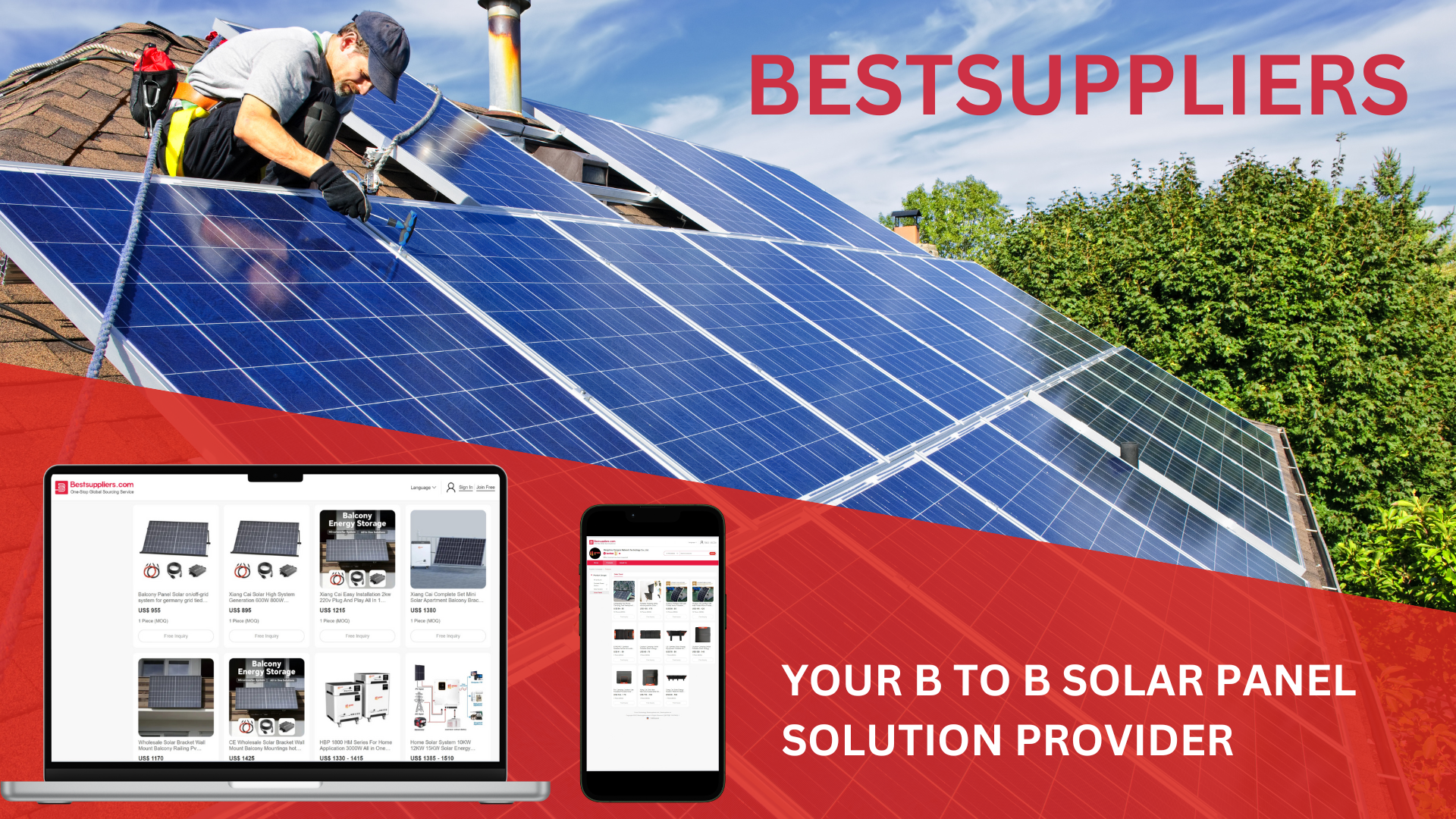what are three different bifacial solar power systems in China
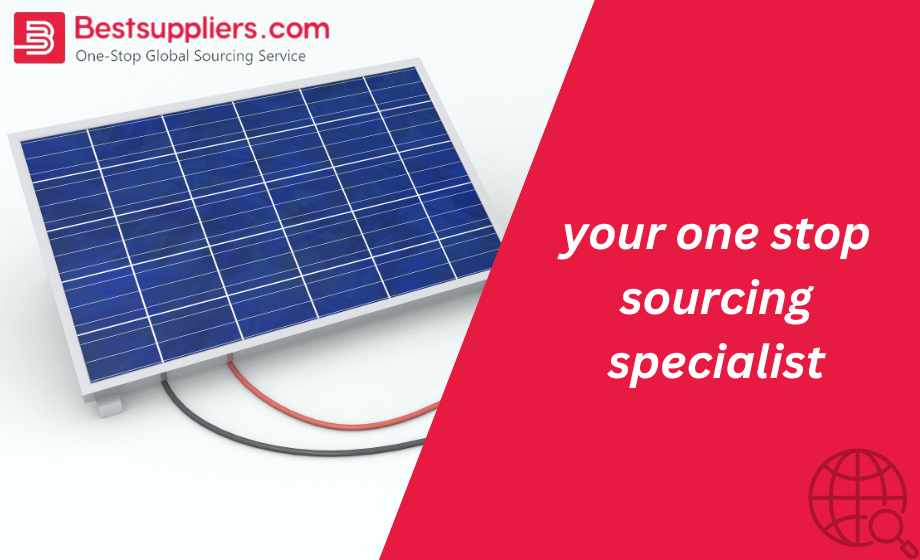
Solar power is one of the most popular and promising sources of renewable energy in the world. It harnesses the sun’s energy to generate electricity or heat for various applications. However, not all bifacial solar power systems are the same. Depending on the design, location, and purpose, there are three main types of bifacial solar power systems: grid-tied, off-grid, and hybrid. In this article, we will explain the advantages and disadvantages of each type, and help you choose the best option for your needs.
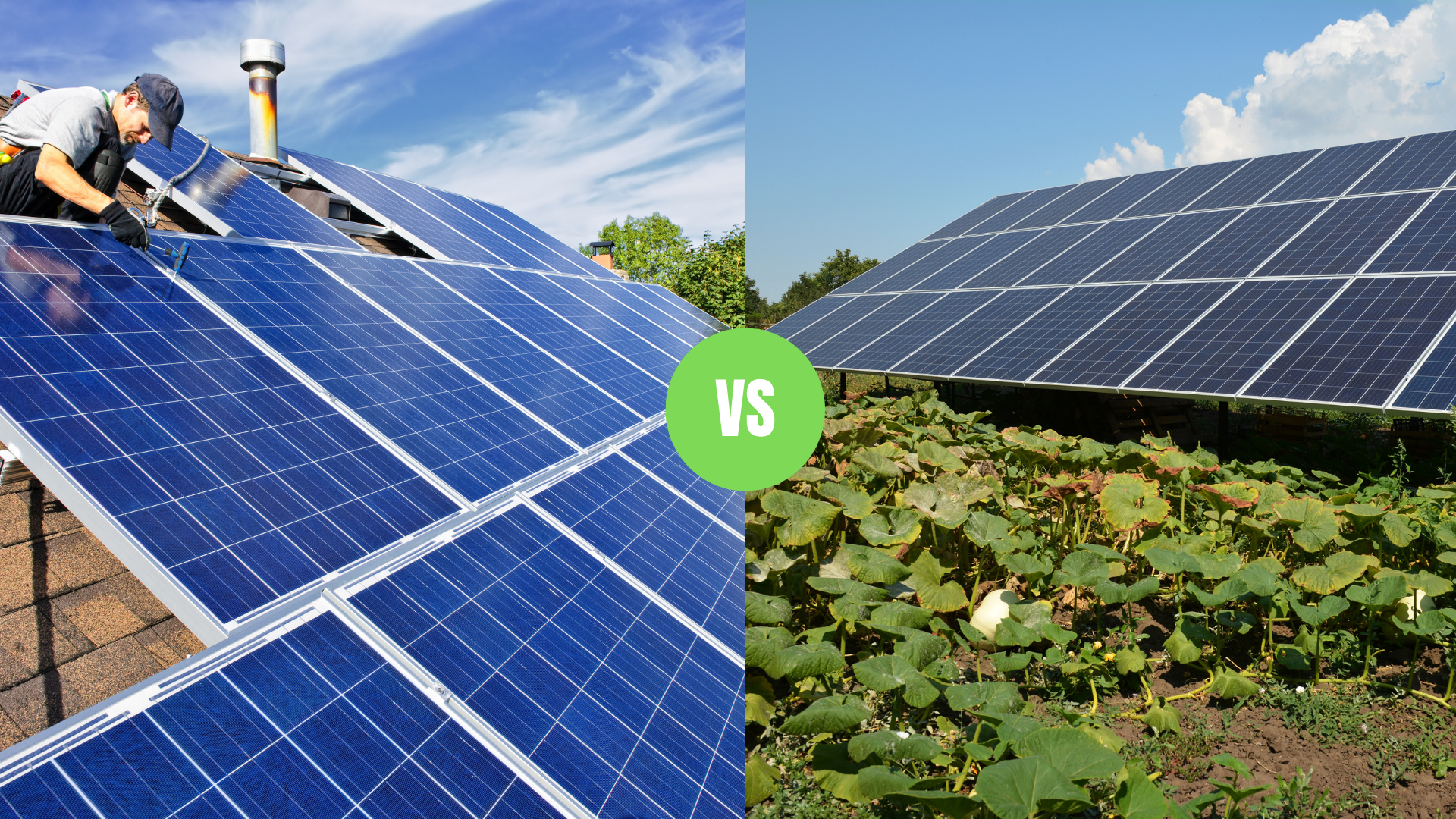
Now let’s scroll down with these three different types of solar power systems to discover both the pros and cons of these bifacial solar power systems.
GRID-TIE BIFACIAL SOLAR POWER SYSTEMS
The grid-tie bifacial solar power system is the most cost-effective option for those who want to save electricity bills, it has no battery, which is the most expensive part of any bifacial solar power system.
WHAT IS GRID-TIE SOLAR SYSTEM?
the grid-tie solar system is like a power bank that can keep the power generated into the grid for future use. with a net metering contract, the system owner can get credit for every unit of power they generate, so they can access the power whenever they want. the grid-tie solar system first feeds power into the grid for storage, then when people want to use it, it can send out the power for daily use.
ADVANTAGE OF GRID-TIE bifacial solar power system
Grid-tie solar system can save your expense on electricity bill, which usually pays off in 5-10 years. Since solar panels have a 25-year warranty. grid-tie solar is the only option that consistently makes money for you over the lifespan of panels. another advantage is that the grid-tie systems can be smaller-you don’t have to produce 100% of your power every month. the grid can provide extra power when you need it, which is helpful when your panels produce less due to bad weather. In addition, designing a grid-tie system is easier than an off-grid system, where you have to meet all your energy demands by yourself.
DISADVANTAGE OF GRID-TIE bifacial solar power system
When it comes to the disadvantages of grid-tie bifacial solar power systems, here we can list out also quite a lot:
- intermittency and weather dependency: the grid-tie systems work tight with the climate. the power generation of the system totally depends on the weather, which means they can not generate power at night or on rainy days, leading to an inconsistent energy supply.
- high initial cost: the grid-tie bifacial solar power system unlike other solar systems, will have a quite high up-front investment. roughly 3 or 10 times higher than the conventional power generation cost.
- Energy Density: Solar power has a low energy density, requiring a large area for installation if you use it at a large scale.
- Maintenance and operation costs: the grid- tie solar systems may require regular cleaning and parts replacement to guarantee their peek performance through the span of life, this will also be a quite high expense for users.
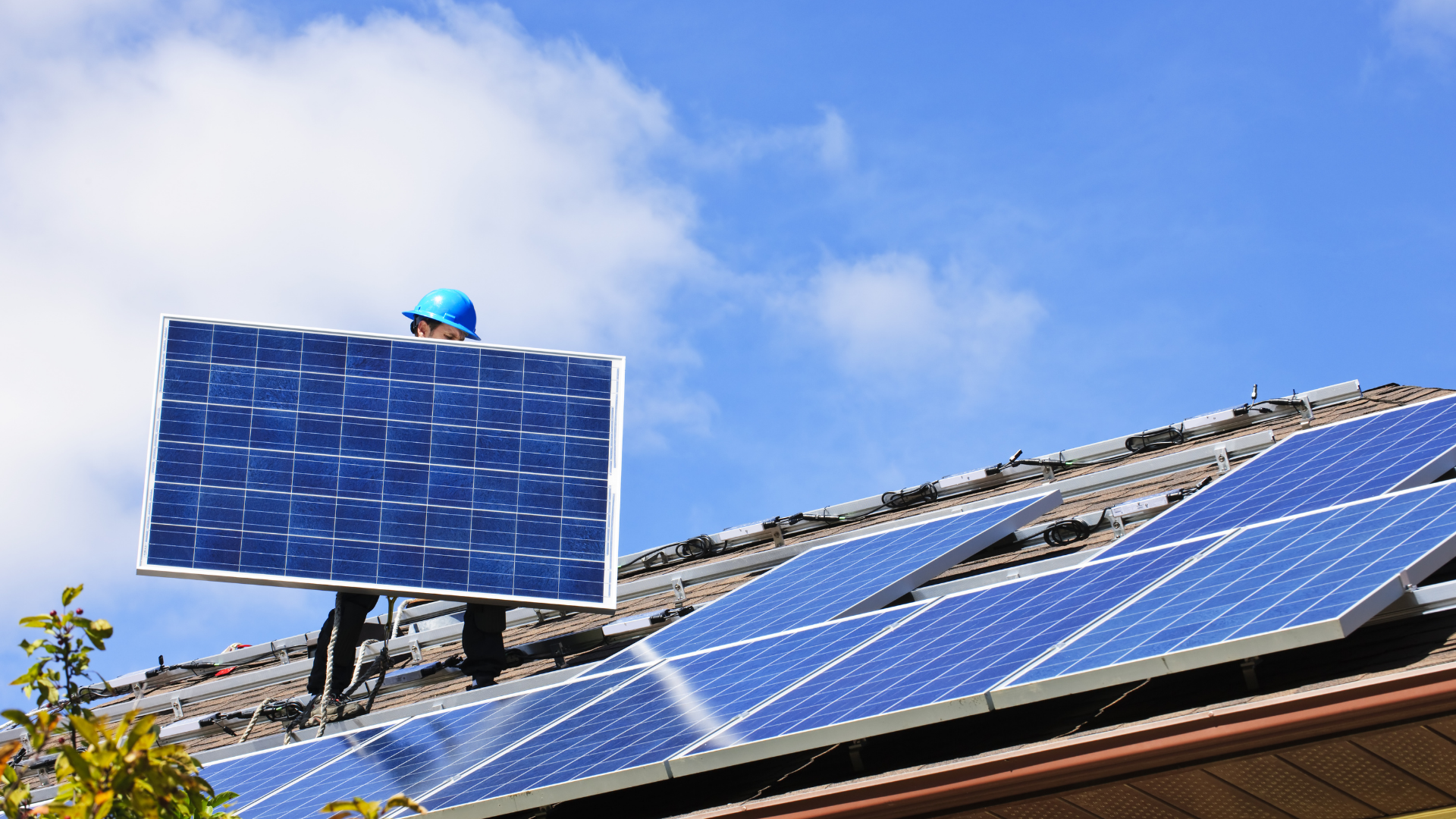
OFF-GRID BIFACIAL SOLAR POWER SYSTEMS
Off-grid solar systems are ideal for providing electricity in isolated areas that lack utility infrastructure.
Individuals living off-grid must be self-sufficient in terms of electricity generation. Typically, this involves setting up an off-grid solar system designed to meet a full day’s energy requirements, complemented by a backup generator to ensure power availability during prolonged periods of inclement weather.
ADVANTAGES OF OFF-GRID BIFACIAL SOLAR POWER SYSTEMS
The allure of off-grid solar lies in the autonomy it provides; you can establish your home in the most secluded of locations. Distance from urban centers is irrelevant when you’re equipped with solar power — as long as there’s sunshine, you’ll have a dependable source of energy.
While the components for off-grid solar may come with a steeper price tag, the lifestyle may yield some unexpected economic advantages that help balance out the initial investment. Land that’s disconnected from the grid tends to be more affordable compared to properties within grid-tie areas. Often, the savings on land acquisition significantly outweigh the extra costs associated with setting up an off-grid solar system.
DISADVANTAGES OF OFF-GRID BIFACIAL SOLAR POWER SYSTEMS
It’s quite straightforward: the inclusion of a battery bank is the primary factor that escalates the cost of off-grid solar systems.
Nonetheless, investing in an off-grid solar setup is often more economical than the alternative of extending power lines to a distant location. Despite the higher initial expense compared to grid-tie systems, off-grid solutions are more cost-effective than other options for remote areas, such as installing new utility lines or depending on gas generators for power.
To minimize expenses, it’s advisable to use propane-powered appliances whenever feasible, which lowers the electricity requirements. By choosing a propane-fueled stove, dryer, heater, and tankless water heater, you can manage with a more compact inverter and battery bank.
Additionally, staggering the use of electricity—such as doing laundry and running the dishwasher at separate times—can help reduce peak energy demands and alleviate some of the burdens associated with energy storage costs.
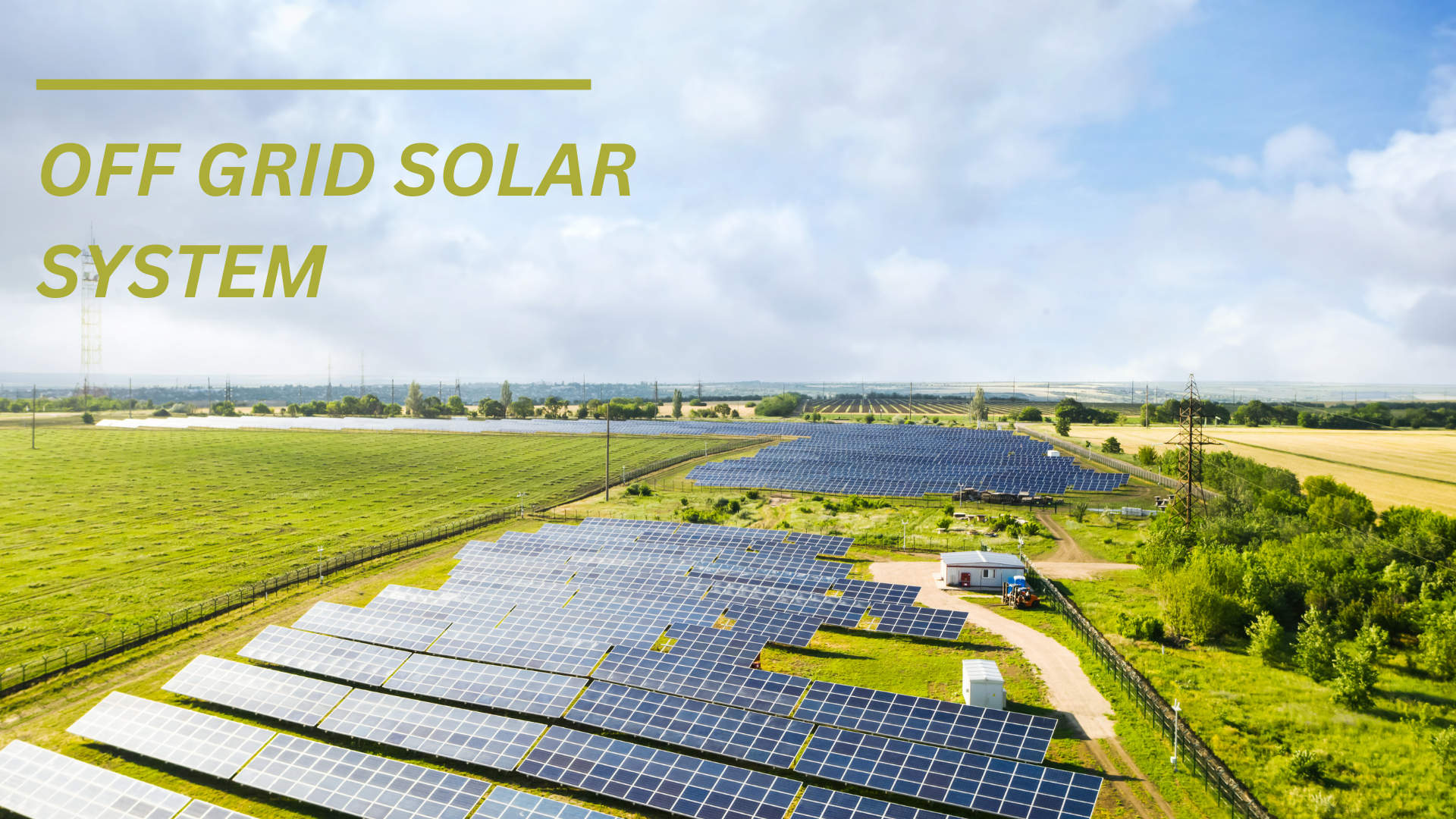
HYBRID BIFACIAL SOLAR POWER SYSTEM
hybrid bifacial solar power system is a smart choice for those looking to maximize the use of solar energy. it’s a sophisticated energy solution that combines features of both grid-tied and off-grid solar systems, it typically consists of solar panels, a hybrid converter, and a battery bank. the hybrid bifacial solar power system usually offers the reliability of being connected to the grid while also providing the independence of having stored power available.
THE ADVANTAGE OF HYBRID BIFACIAL SOLAR POWER SYSTEM
the hybrid bifacial solar power system offers a variety of benefits that make it appeal to people. compared with grid-tied bifacial solar power systems, the Hybrid solar system provides a consistent power supply. as it has a battery that can store unused power. with this feature. it can supply electricity even at night or during grid outages. meanwhile, the Hybrid system has reduced costs for both long-term use and maintenance. this means that the user can have a significant saving over time.
DISADVANTAGE OF HYBRID BIFACIAL SOLAR POWER SYSTEM
when we talk about its disadvantages, the first coming up is the complex control processes. due to the interaction between different energy sources managing the hybrid system is quite complicated, which requires some knowledge. Then the higher installation cost is also what users may care about due to the inclusion of battery storage. the battery in the Hybrid system has a lifespan of 7-15 years when considering the battery replacement. it will also be a high expense included. Apart from the expense of battery replacement. The space requirement is also another negative factor to consider, the Hybrid system usually requires more space for the installation of all components, including the battery bank.
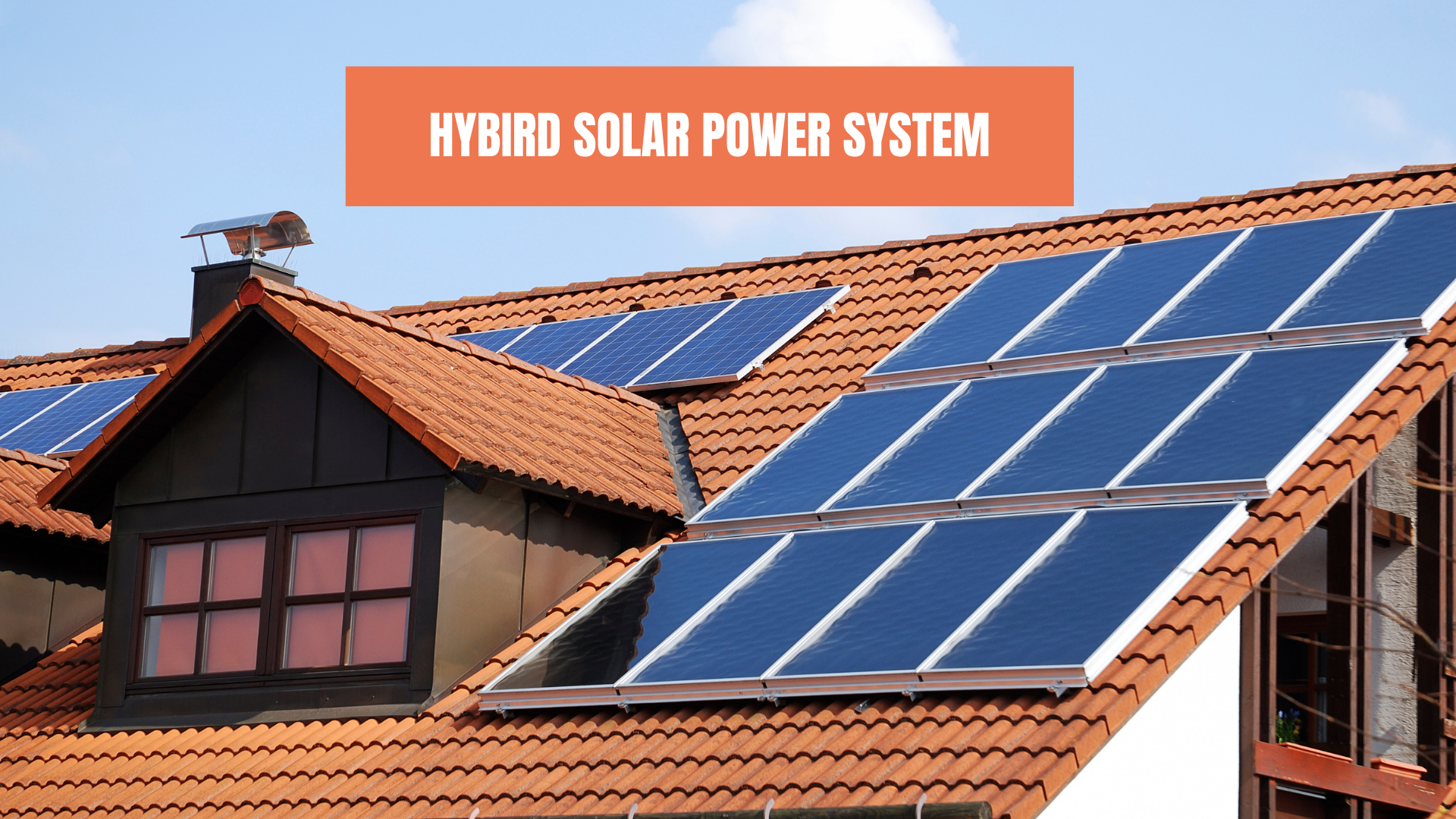
In Conclusion
Choosing the right bifacial solar power system depends on individual circumstances, including location, budget, and energy needs. The decision should be based on a careful consideration of the advantages and disadvantages of each system, as well as long-term financial and environmental goals.
For businesses looking to source a variety of solar systems, BESTSUPPLIERS.COM offers a comprehensive selection, including grid-tied, off-grid, and hybrid solar systems. The platform boasts a vast array of solar system suppliers, ensuring access to high-quality products tailored to your specific needs. Take the next step towards sustainable energy solutions and inquire at BESTSUPPLIERS.COM today to explore the largest selection of solar system suppliers and find the perfect fit for your business requirements.
